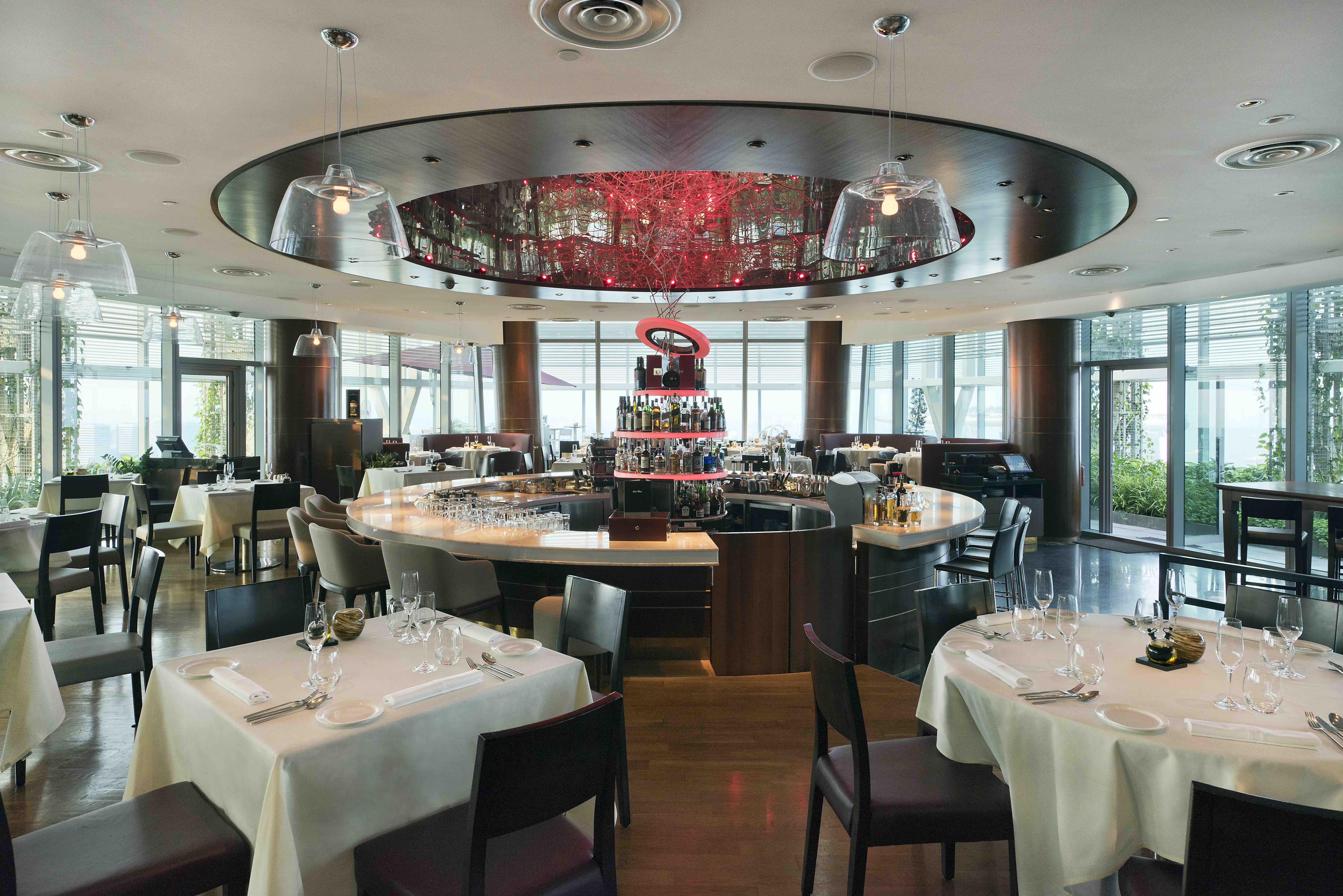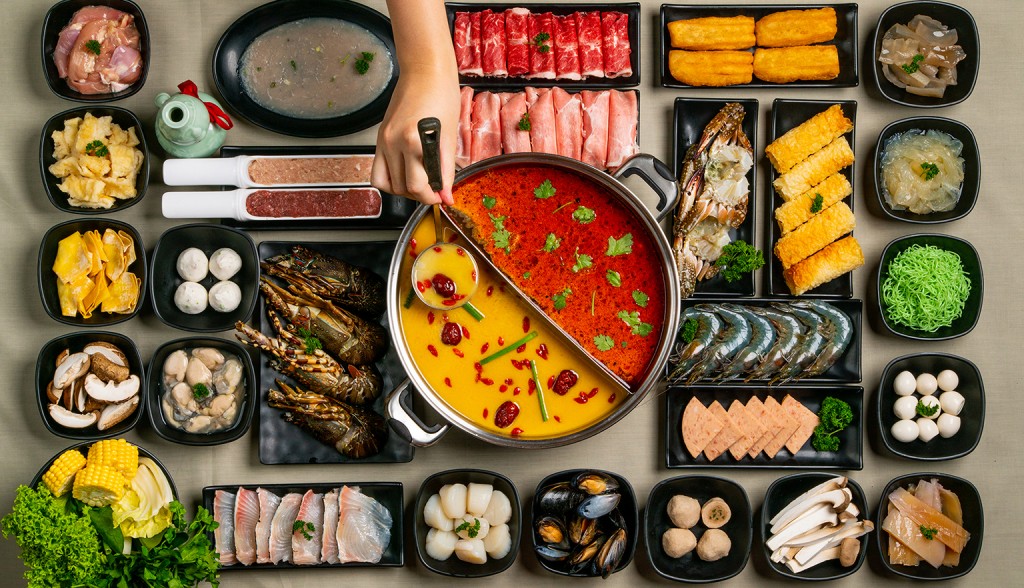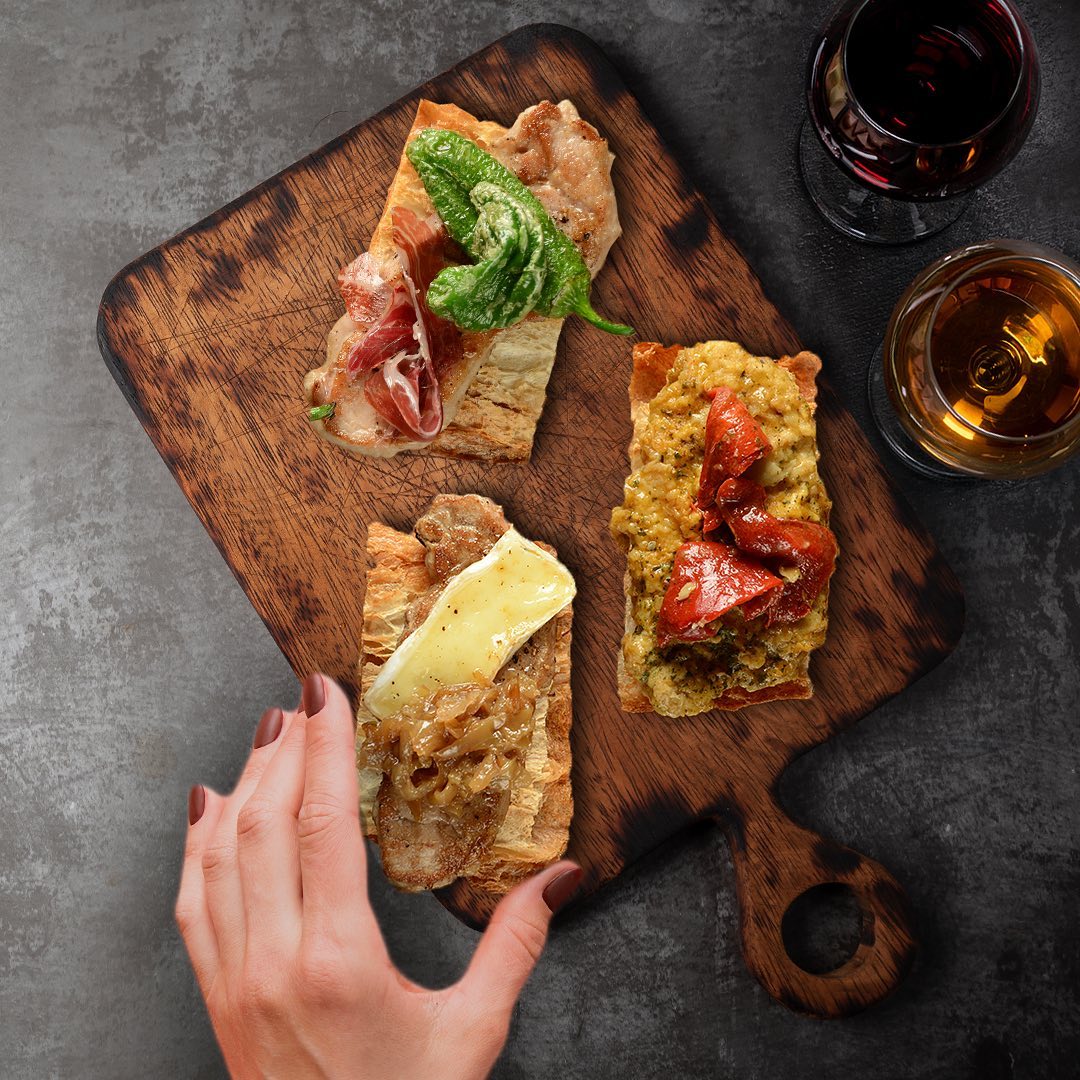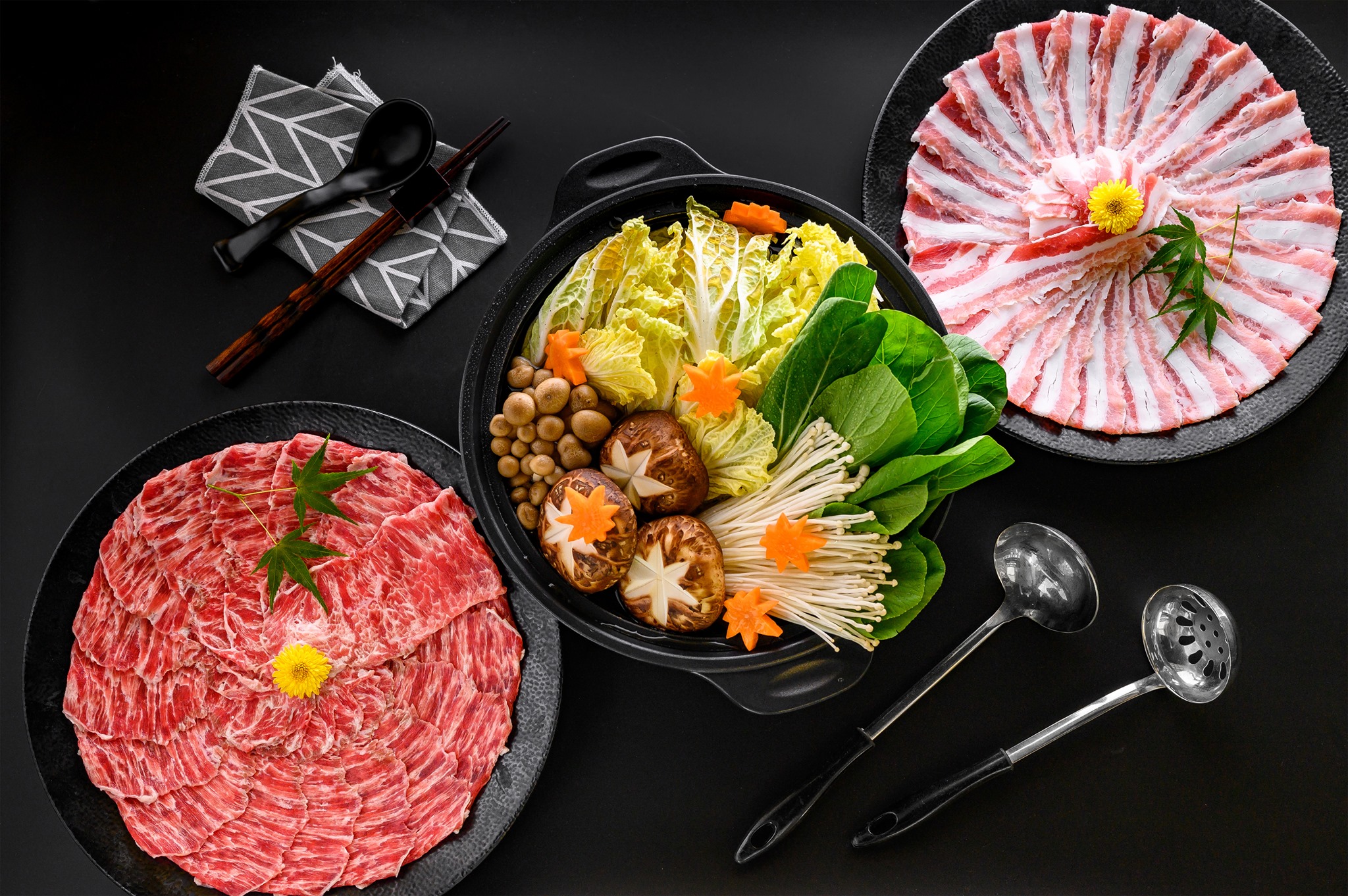We were just reading Slate’s review of the new book Smart Casual: The Transformation of Gourmet Restaurant Style in America, an academic takedown of foodies. The review likens food obsessed folk to hipsters and says:
“Everyone has the good sense to deny being a hipster, knowing the shallowness that term conveys. Yet many people, proud of their own good taste and righteousness, happily self-describe as ‘foodies.’ Smart Casual shows why they shouldn’t.”
This kind of hipster-foodie demonization is really getting old. Hipsters (or foodies for that matter) are hardly as shallow as they might at first seem. In a recent NYT piece, a “middle aged” writer goes to Williamsburg to learn to be a hipster, and comes away from the experience saying:
“I like this generation of young folk. Their food is terrific, and they find even the most insignificant things ‘awesome.’ I admire their adventuresome quality vis-à-vis fixed-gear bike-riding and their non-prudishness in the face of nudity. Yes, their attention to detail on the fronts of locavorism and beard care can verge on the precious, but I’d much rather have a young Abe Lincoln serve me his roof-grown mâche than I would have an F. Scott Fitzgerald vomit all over my straw boater. Today’s twentysomethings are self-respecting, obvi.”
That seems fair. It’s easy to mock hipsters, and yes they can be a little pretentious. But they seem to be genuinely nice people with good intentions. And goodness knows it helps to have a “tribe” for a sense of belonging in your twenties.
Also, these terms are really just efficient. They are certainly fewer words than “hip person” or “food lover.” We do think it is possible to be a self deprecating hipster or foodie—most people we’ve met are intelligent enough to understand that. So maybe we should all just give them a break, because hipsters and foodies are people too…





